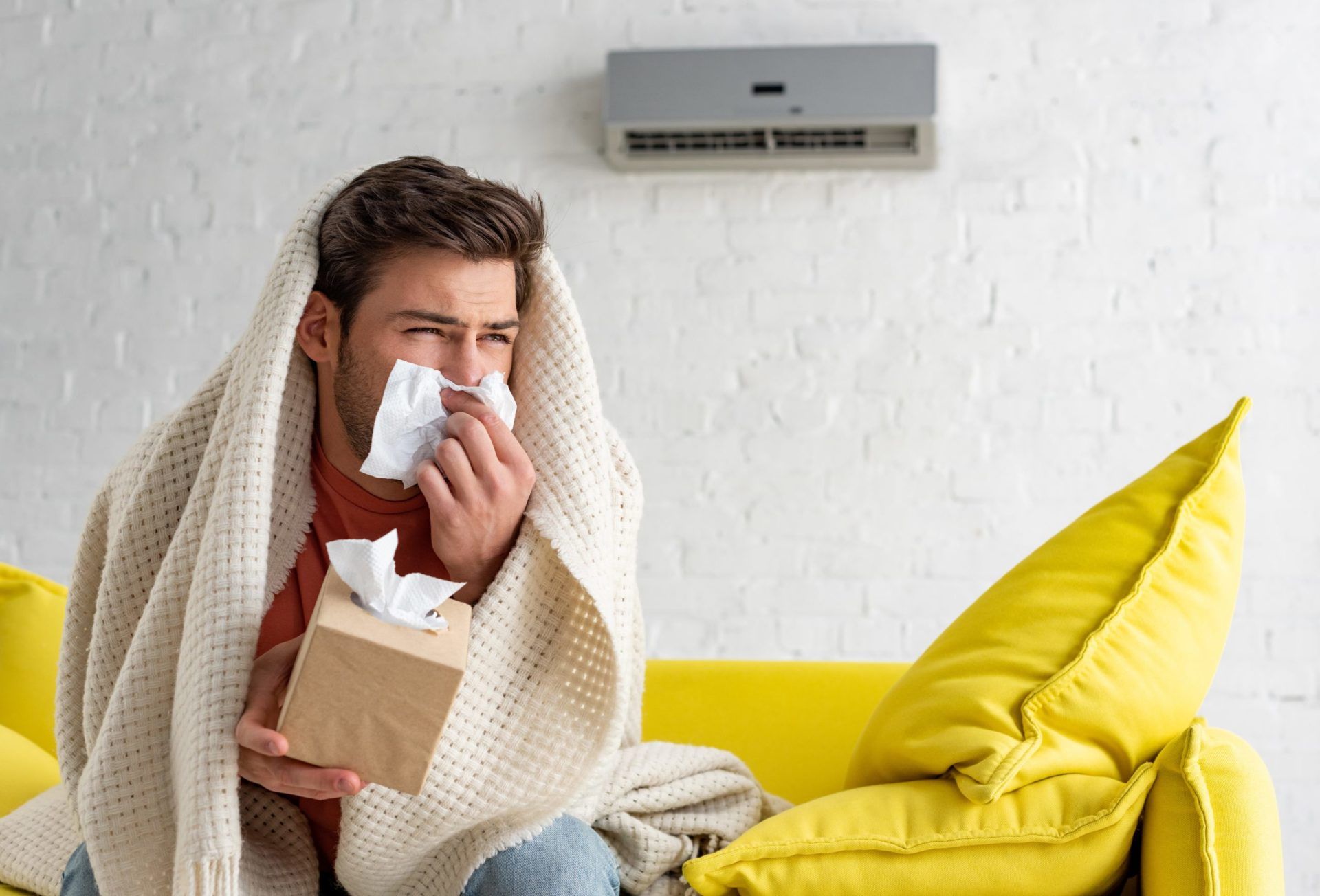COVID-19 and Tenants: Being Prepared for Community Spread

As we learn of more cases of the novel coronavirus in the United States, some landlords may be wondering what they should be doing to protect themselves and the tenants who they rent to. Last week we discussed the rent crisis exasperated by COVID-19, but this week, we want to share tips that will help you keep your tenants safe while also opening the line of communication should any health issues arise.
What is a community spread?
According to the Centers for Disease Control and Prevention, community spread means “people have been infected with the virus in an area, including some who are not sure how or where they became infected.”
Community spread is of particular concern in apartment complexes and shared living units as the virus is spread at a distance of six feet or less. And when tenants are coming in and out for work, you can never be sure who is a potential carrier.
So what can you as a landlord do to protect your tenants?
Preparing for COVID-19 in Apartment Complexes
The last thing you want to have happen is for one tenant to start showing symptoms of coronavirus and sharing that information with others–especially if there are shared facilities like laundry areas. As the landlord, you need to do everything you can to curb panic and come up with a plan to inform your tenants of the plans you have in place.
Here are some tips you can follow to protect your tenants and be an informed and helpful landlord.
- Educate. With a lot of bad information out there surrounding the spread of COVID-19, you can take this opportunity to share trusted information with your tenants from the Centers for Disease Control and Prevention or the World Health Organization. You can email or text message your tenants about trusted resources, symptoms and steps they can take to protect themselves.
- Common Area Etiquette. You only have so much control over what happens inside the individual apartments, but you can be proactive in common areas. You can provide hand sanitizer, antibacterial soaps, disinfectant wipes in areas that many tenants may use. You can also get more cleaning crews on hand to disinfect stairwells, elevators, mailboxes, etc.
But even after taking all of the precautionary steps, you may have a tenant contract coronavirus. What should you do?
While your tenant is not required to disclose this information to you, coming up with a COVID-19 spread plan will help create a line of communication if there is an outbreak within the building. The one thing you do not want to have happen is for other tenants to be unkind to the infected individual. You need to keep the peace as best as you can.
Being a landlord during a global pandemic can be incredibly difficult. But if you have legal questions, do not make assumptions. Seek professional guidance.
Call Mazzoni Valvano Szewczyk & Karam Today For a Free Consultation
We know you want to protect your tenants as best as you can. But you may wonder if you have any legal rights when it comes to community spread of COVID-19. Our staff is working remotely and can provide you legal assistance over the phone, email or through our advanced technology.
Contact the Scranton real estate attorneys at Mazzoni Valvano Szewczyk & Karam today for a free consultation. Serving clients in Lackawanna and Luzerne counties, Wayne County, Monroe County, and Pike County.

